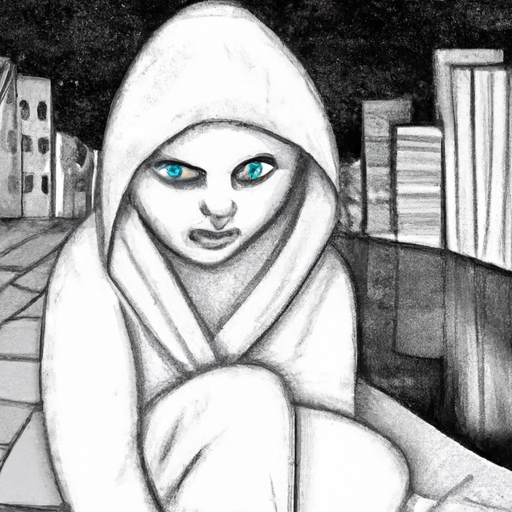The Canadian Opioid Crisis: A Call to Keep Indigenous Issues at the Forefront
In the clamor of the opioid crisis that Canada currently faces, one group that is being hit harder than most is the indigenous community. The impact on this community has been devastating and requires urgent attention and action. Recently, the First Nations Summit (FNS), has congratulated David Eby and the BC NDP for their commitment to addressing issues impacting indigenous communities and for also being supportive of the Canadian opioid abatement class action. It is critical that the wider public, and more importantly, those in positions of power, understand the gravity of the situation.
The current crisis is not just about the alarming number of opioid-related deaths, but also extends to the impacts on homelessness, crime, and overall public health. The FNS has renewed the call for the BC government and other provincial and federal governments to continue making indigenous issues a priority, particularly in light of the Canadian opioid crisis.
The Opioid Crisis Impact On The Indigenous Community
According to the article “FNS Congratulates David Eby and the BC NDP: Indigenous Issues Must Continue to be at The Forefront”, the opioid crisis has had a disproportionately negative effect on the indigenous community. This community, which historically has been underserved and neglected, is now being ravaged by a crisis that highlights the importance of a sustained, and culturally sensitive response.
The Canadian opioid abatement class action, supported by the FNS and David Eby, aims to provide redress for the harms inflicted on indigenous communities by the opioid crisis. This includes not only the tragic loss of life but also the broader social and economic impact of the crisis.
Efforts To Combat The Crisis
While the crisis is daunting, efforts have been made to combat it. Increasing access to naloxone, a medication that can reverse the effects of an opioid overdose, has been a major step in preventing opioid-related deaths. In addition, the Canadian opioid abatement class action seeks to hold pharmaceutical companies accountable for their roles in the crisis. However, there is much more that needs to be done, especially when it comes to supporting and empowering indigenous communities and other vulnerable groups disproportionately affected by the crisis.
Key Points
- The opioid crisis has had a disproportionately devastating impact on Canada’s indigenous community. This highlights the need for a targeted, culturally sensitive response.
- Efforts to combat the opioid crisis include increasing access to naloxone and holding pharmaceutical companies accountable through the Canadian opioid abatement class action.
- David Eby and the BC NDP have shown a commitment to addressing indigenous issues and have been supportive of the Canadian opioid abatement class action. The FNS and other indigenous groups have urged them, and other governments, to continue to prioritize these issues.
Continuing The Conversation
The opioid crisis is a complex and multifaceted issue that requires a comprehensive and inclusive approach. The hard truth is that it is not just about addressing opioid misuse, but also about acknowledging and addressing the systemic issues that contribute to it, such as social inequality, poverty, and lack of access to quality healthcare. The crisis has shone a harsh light on these issues, especially within the indigenous community, and it is our collective responsibility to respond.
The support for the Canadian opioid abatement class action by the FNS and David Eby is a step in the right direction. But this is only the beginning. The fight against the opioid crisis, and for justice and equality for indigenous communities, must continue. The impacts of the opioid crisis on homelessness and crime, and the necessity of naloxone, are crucial pieces of this narrative we must work to solve.
Conclusion
The fight against the opioid crisis in Canada is far from over. It’s a complex issue, with roots in social inequality, poverty, lack of access to quality health care, and often hits hardest those who are already marginalized and underserved. The disproportionate impact on the indigenous population paints a grim picture, but also points towards areas where focused efforts can bring about change. Prioritizing indigenous issues, increasing access to naloxone, and holding pharmaceutical companies accountable via the Canadian opioid abatement class action are just some of the measures that are now needed more than ever.
